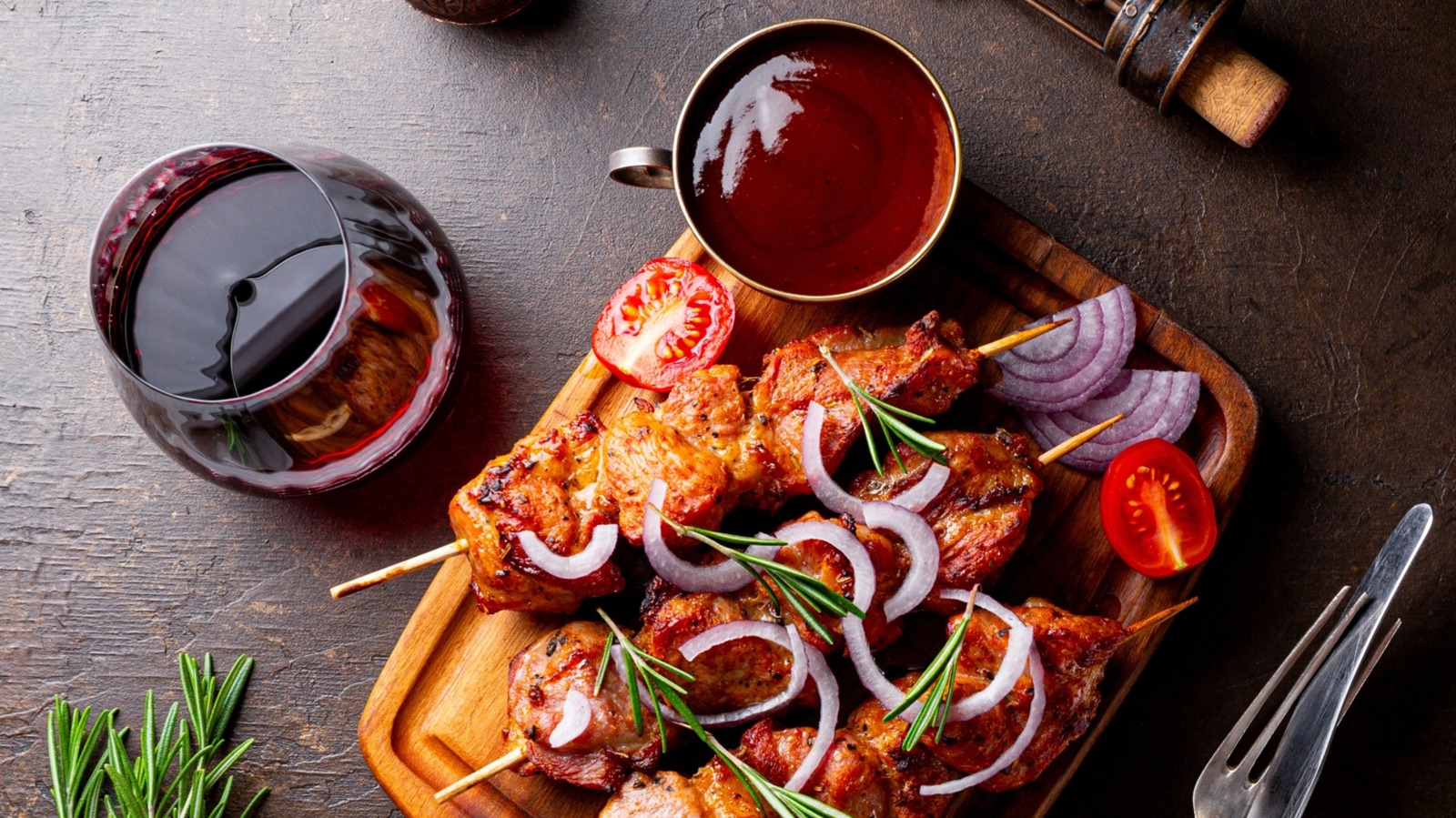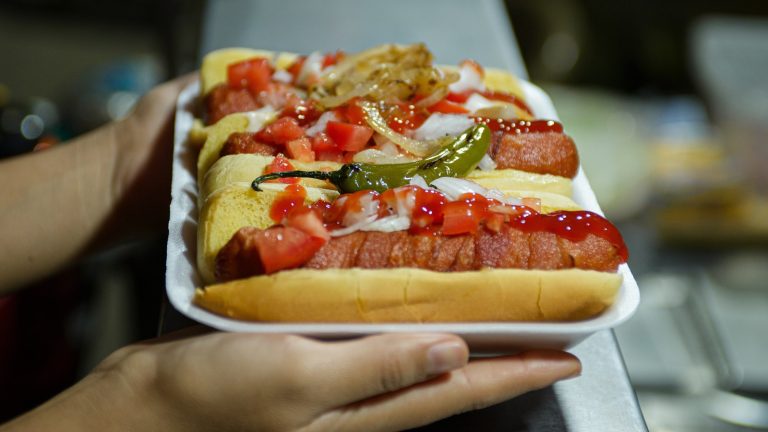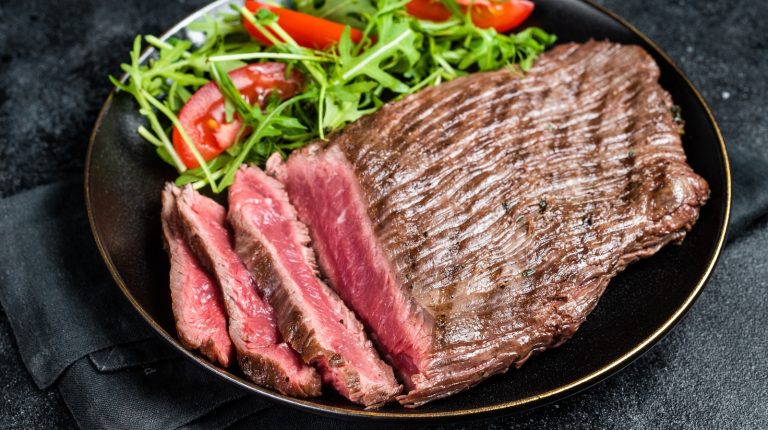Making your own barbecue sauce is a delicate balance — it needs the right amount of sweetness, just enough tang, and a peppery kick. Even when playing around with the ratio of ketchup, brown sugar, and vinegar, there can still be something missing. A splash of wine always rounds it out, so we turned to an expert about the best vino to use in homemade barbecue sauce.
The proper wine can complement every aspect of your sauce; one that’s sweet, a little tart, and with a decadent flavor to mesh with the brown sugar is just the answer. According to Bob Bennet, the head chef of Zingerman’s Roadhouse, there’s one category of wine that’s perfect for this. “I think wines that are a little more fruit-forward could lend themselves to making a pretty balanced tomato barbecue sauce,” he says. The tomatoey flavor of barbecue sauce stands out most in the condiment, and there are plenty of wines that can bolster the sweet yet savory red fruit.
When picking a wine to make your own sweet and tangy barbecue sauce, one that mirrors that profile is always a great choice. A light-bodied Pinot Noir has notes of strawberry, cherry, and mushroom that will bring out tomato’s honeyed, earthy flavors. If you’re fond of making barbecue sauce with white wine vinegar, opt for a Riesling. The floral, fruity white wine features honeycomb, apricot, and nectarine notes, bringing a zesty, sweet taste to the sauce.
How much wine should you add to your barbecue sauce?
For a balanced sauce, use an equal amount of wine and ketchup. However, some people choose to make the condiment a little boozier by adding an extra ½ cup of wine to the sauce, or make it more subtle by using a little less vino to make the condiment. If you don’t want the wine to be dominant in the sauce, use less of it then the ketchup, since its flavor will become more prominent later on. After heating the spices and alliums in oil and adding the wine, it’ll reduce, making it more robust.
What’s most important is that you choose a wine that best fits your taste preferences. Bob Bennet’s recommendation of a fruit-forward wine is perfect for replicating barbecue sauce recipes that focus on a singular fruit (aside from the tomato). This pomegranate-molasses barbecue sauce combines the fruit juice with ketchup, though you can substitute it with a pomegranate wine that’s made from the crushed fruit, or a pomegranate-forward Cinsault.
To recreate sweet, spicy, smoky raspberry ribs with a boozy twist, go with a splash of Zinfandel. The jammy red wine features prominent notes of raspberry, as well as blackberry and strawberry. Its fruity taste is rounded out with peppery cinnamon and tobacco notes, perfect for the chiles and ancho chili powder that bring a delectable smokiness to the ribs.





